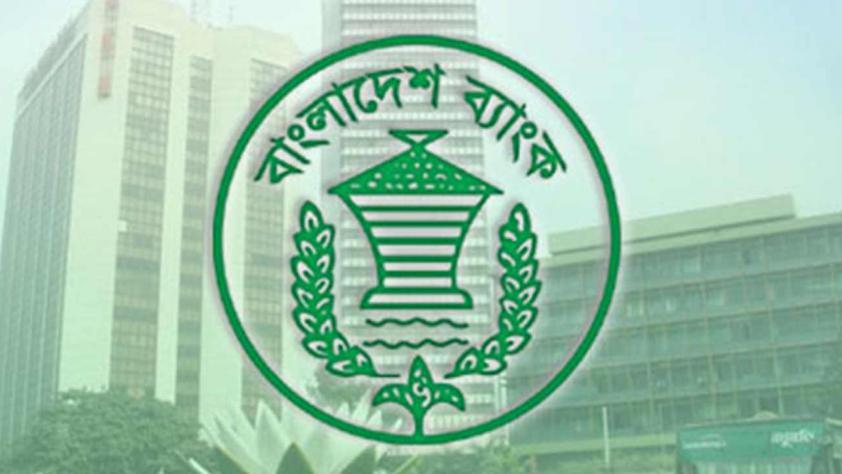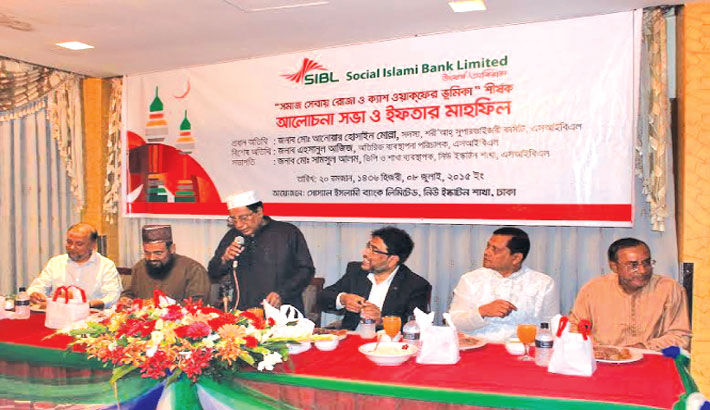Mobile banking will get a further boost as the central bank proposes to channel all financial payments through mobile phones under stronger tie-ups between banks, cell phone operators and other service providers.
The draft Regulatory Guidelines for Mobile Financial Services in Bangladesh, published on Monday, will turn every mobile phone into a digital wallet and spur branchless banking, a Bangladesh Bank official said.
The draft said the financial sector has undergone tremendous growth in volume and complexity over the recent years.
However, despite impressive growth gains in capital base, income, return on equity and other areas, the financial sector is yet to reach out with adequate financial services to low-income rural and urban population.
Rapid countrywide expansion of mobile phone networks and the modernisation of payment systems and financial sector IT infrastructure opened up opportunities for innovating mobile phone-based cost efficient modes of service delivery, the draft said.
The central bank started providing mobile banking licences to banks in 2009. On average, Tk 420 crore is transacted a day through mobile banking with activities mostly limited to cash-in and cash-out and person-to-person transfers. Salary disbursement and utility payments through mobile phones have remained very negligible.
Mobile operators have 100 percent coverage across the country and own up to 30 percent share into a mobile financial services (MFS) platform.
“The new guideline will help enhance transparency and accountability,” the central bank official said.
The primary role of the MFS platforms will be as payment services providers, with secondary engagements in deposit taking, loan disbursement and recovery, and insurance premium collection, according to the new proposal.
The MFS platforms will not engage in any lending from their own funds, but will be free to act as agents of BB-licensed banks and financial institutions in disbursing loans and in accepting repayments on behalf of the licensees.
Likewise, the platforms will be free to mobilise savings of mobile account holders into their deposit accounts with authorised deposit-taking institutions such as banks and financial institutions maintaining required cash reserves.
It will not be obligatory for the MFS platforms to pay interest or profit on balances in the accounts, the proposal said.
The initiative will enable disbursement of inward foreign remittances and cash-in or cash-out into mobile accounts through agents, bank branches, ATMs and mobile network operator outlets.
Person to business payments such as utility bill payments, merchant payments, deposits into savings accounts or schemes with banks, loan repayments to banks, non-bank financial institutions or micro-finance institutions, and insurance premium payments to insurance companies can also be made.
Companies can disburse salaries and dividends into mobile accounts. Loan disbursement to borrowers and vendor payments will also be possible.
Banks alone or in association with other banks will have to form a separate subsidiary if they want to provide MFS, according to the proposal.
At present, banks run MFS as a wing of the company, but the proposed guideline stipulates that they set up a separate platform with a minimum paid-up capital of Tk 100 crore.
A further cushion of capital reserve matching the amount of paid-up capital will have to be built up from retained earnings, at a rate not below 10 percent of annual net profits, to cover operational and other risks.
The proposal said the MFS platforms will be sponsored and led only by commercial banks. It also offers opportunities to mobile phone operators to be an active part in the system.
The MFS platforms may have both banks and non-bank entities, including mobile network operators, as equity holders.
In that case, banks will hold the majority beneficial ownership in total equity, while no bank or non-bank entity can hold more than 15 percent ownership.
The beneficial ownership of telecom operators in an MFS platform should not exceed 30 percent of its total equity.
Since 2009, 28 banks took licences for mobile banking. Of them, 20 started operations, four lost licences, while the rest are in the process to launch the service.
News:The Daily Star/15-Jul-2015






 Md Anwar Hossain Mollah, Member of
Md Anwar Hossain Mollah, Member of